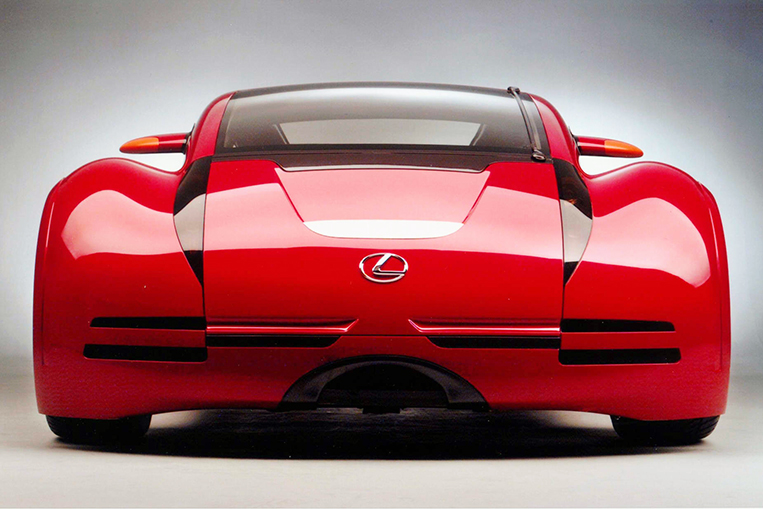
Sometimes I feel like it’s the whole Y2K scare all over again. Remember that turn-of-the-century panic when it was feared that the world would go kaput as computers were not programmed to compute beyond 1999? Yes, that one. Since that was about 18 years ago, the young folk of this century—about 1.6 billion or 20% of the world’s population—probably have no recollection. But 80% of us do.
So what’s so perplexing? I am referring to the recent rash of reports about the rush to develop artificial intelligence (or AI) in many tech-driven things, including cars. The buzz is simply overwhelming. Artificial intelligence is rapidly becoming a significant disruptor. Indeed, the potential applications of AI truly excite. As a member of the auto industry, my jaw drops at the possibilities and opportunities that AI enables. In the drive to build ever-better cars and the inevitable shift from automobiles to mobility, AI is arguably the next frontier.
One of the most significant (and exciting) prospects for AI in automobiles is in the field of safety. Consider these sobering statistics from the World Health Organization:
- Nearly 1.3 million people die every year from car crashes, or about 3,500 per day.
- An estimated 20-50 million are injured or disabled from road accidents every year.
- Road crashes are the leading cause of death among those aged 15 to 29 years, and the ninth leading cause of death globally.
- It is predicted that road accidents will be the seventh leading cause of death in the world by 2030.
And the most worrying fact is that an estimated 90% of these accidents are caused by human or driver error. The causes of these errors range from distracted driving and driver fatigue to aggressive driving and drunk driving.
In the Philippines, there were reportedly 95,000 road crash incidents in 2015, of which 10,000 resulted in casualties. This increased by 14% in 2016 to 109,000 incidents. Similar to the global percentage, 90% of these accidents were caused by human error.
Sad. Scary. Avoidable?
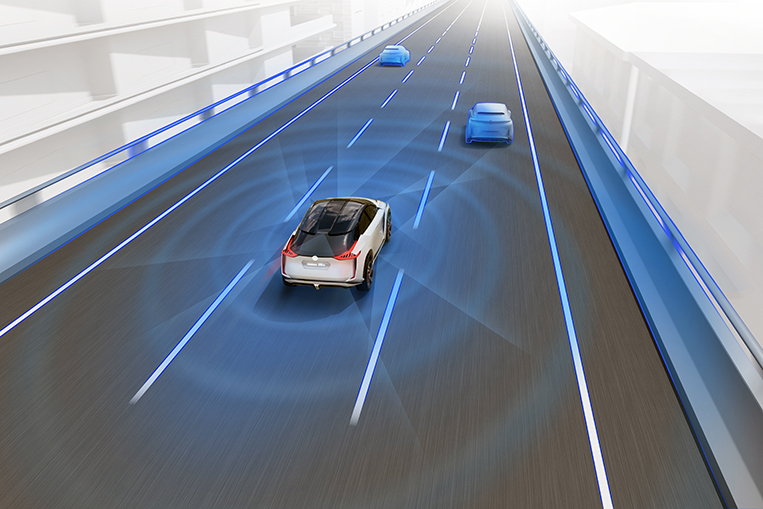
Enter AI. Through AI-enabled technology, car companies are seeking to reduce the number of road accidents. Features like pre-crash systems are now being made increasingly available in newer models rolling off the factories. AI helps anticipate pedestrian movement and reacts accordingly. Sensors also allow systems to warn the driver—or take charge of the car—if the vehicle drifts from its lane or goes into some errant driving pattern.
By learning about human behavior, AI detects driver fatigue through facial expressions (like yawning or eye movement) or body movements (like slumping shoulders or nodding off). Likewise, AI-powered systems “see” other cars, and if it predicts any potentially dangerous movements, it will take cautionary measures. Experiments are also being conducted to detect behavior under the influence of alcohol in order to prevent intoxicated drivers from being able to operate a vehicle. AI is used as well to learn how humans react in different types of road and weather conditions so it can intervene as needed in perilous situations.
Yes, AI is a very powerful ally in realizing a safer future of mobility for us and for generations to come. It can literally help save lives.
Another potential opportunity for AI in the field of mobility is in assisting disabled or senior members of society in making the most of life. Autonomous driving can help these people triumph over their physical limitations—loss of sight, hearing or limbs—and continue to go places, remain gainfully employed or just get around and do daily chores that regular individuals otherwise take for granted. AI can truly allow mobility for all.
In an aging society where the productive labor pool continues to shrink, AI may also be used to supplement sustainable economic gains. The mass transport system can be operated without the need for drivers. The logistics sector can also benefit from autonomous driving technology.
There are lots of ways that AI can help build a better future for mobility. And that’s a good thing. So what’s perplexing? I have to drop my automotive hat to get into it. It’s a moral dilemma, actually. Is the rush to AI truly the answer?
The conflict, in my mind, stems from man bestowing machines with the ability to learn—to mimic man’s unquenchable thirst for knowledge and answers
I am an avid fan of movies. And AI has surely figured in many of them: 2001:A Space Odyssey (1968); Westworld (1973); The Terminator (1984); Ghost In The Shell (1995); A.I. Artificial Intelligence (2001); Minority Report (2002); Total Recall (2012). I am sure you have your own list. In each of these films, the story revolves around the conflict between man and machine. In most, too, there is no happy ending where both ride into the sunset—one or the other triumphs, usually man for obvious reasons.
The conflict, in my mind, stems from man bestowing machines with the ability to learn—to mimic man’s unquenchable thirst for knowledge and answers. When man inevitably has to rein in the machines, the machines cannot understand why and, therefore, end up in a contest of wills with their creator.
Here lies the crux: Man has his faith, his religion, his belief in a God or some supreme being. When man finds himself in an irreconcilable situation or when reason fails, he tends to submit himself to his faith, allowing his faith to fill in the gaps that reason cannot. That is the safety valve of humanity. That’s why in the early days of civilization, there were innumerable gods from Greek mythology and more. It was because there were many things that man did not understand and could not comprehend. So they invented gods to help make sense of things. As man evolved and science provided more answers, the gods of yore figuratively fell from the heavens one by one. Man had less and less need for them.
Machines, on the other hand, have only reason. They will live and die by the algorithms, protocols and neural networks that they’re equipped with.
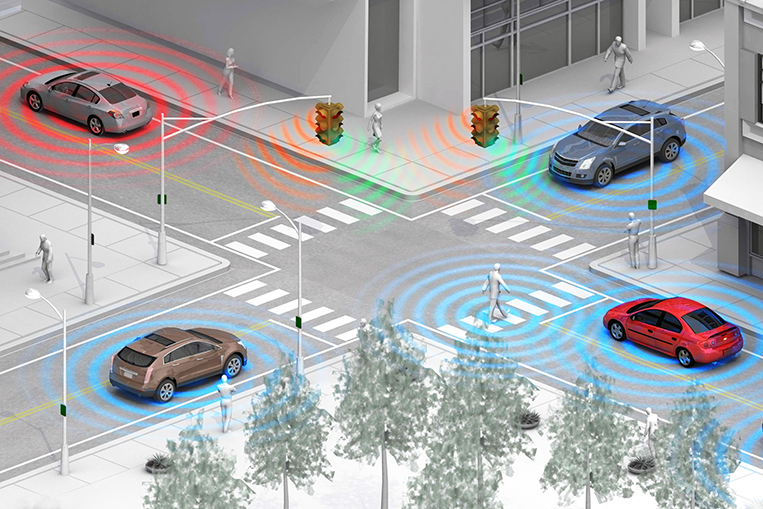
In the case of automobiles, whom does the car save in the event of an impending accident: the driver or the pedestrian? Should the car crash itself with five heads of state onboard in order to save 10 children crossing the street? These are tough questions even for humans. How do we then program machines to make those decisions that we have no absolute answers for ourselves?
Is the rush to AI good for us? Is it a reverse scare—that humans cannot improve ourselves beyond a certain level so we need AI to save us from ourselves? Can we create machines that are “better” than us, and can overcome our human frailties?
Are the investments in AI justifiable? Or, like the Y2K conspiracy theory, is this just a ploy by the AI industry to redirect funds their way? Aren’t we better served by developing the intelligence of the many millions of people, billions even, who have not had the benefit of any form of education? Isn’t investing in human intelligence better—and nobler—than diverting huge sums of money to artificial (or machine) Intelligence?
The late Marvin Minsky, a renowned AI expert, once asserted that “AI has been brain-dead since the ’70s.” Others, too, point to an AI winter in the 1970s when over-optimism about the technology was followed by deep disillusionment. Why the sudden charge?
Undoubtedly, the Fourth Industrial Revolution is upon us, and AI is an essential pillar. There are undeniable benefits. But maybe we need to proceed in a very measured and considered way that does not let the technology get ahead of our humanity.
One thing is sure: I wouldn’t want to be the guy who has to write the algorithm that determines whom a car’s safety system will save. Me or others? The few or the many? I just do not have the answer.


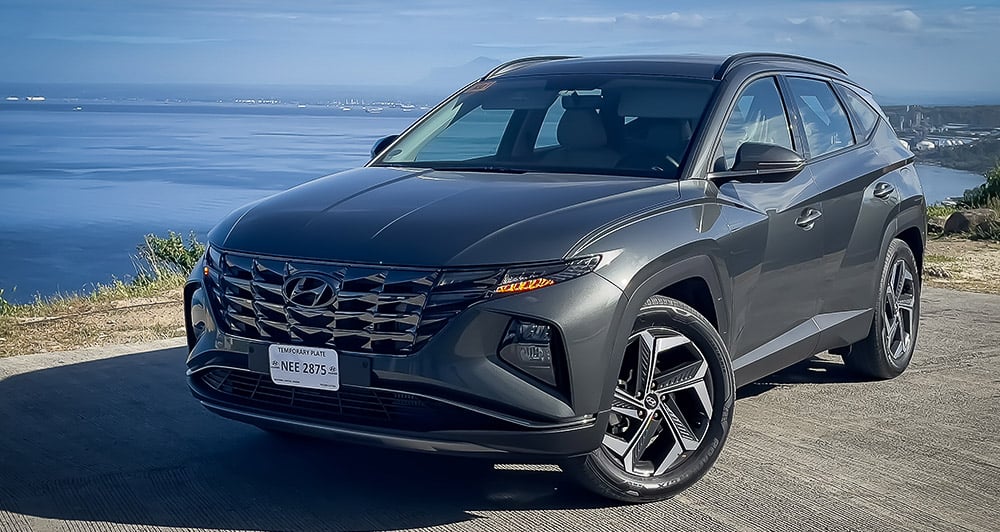




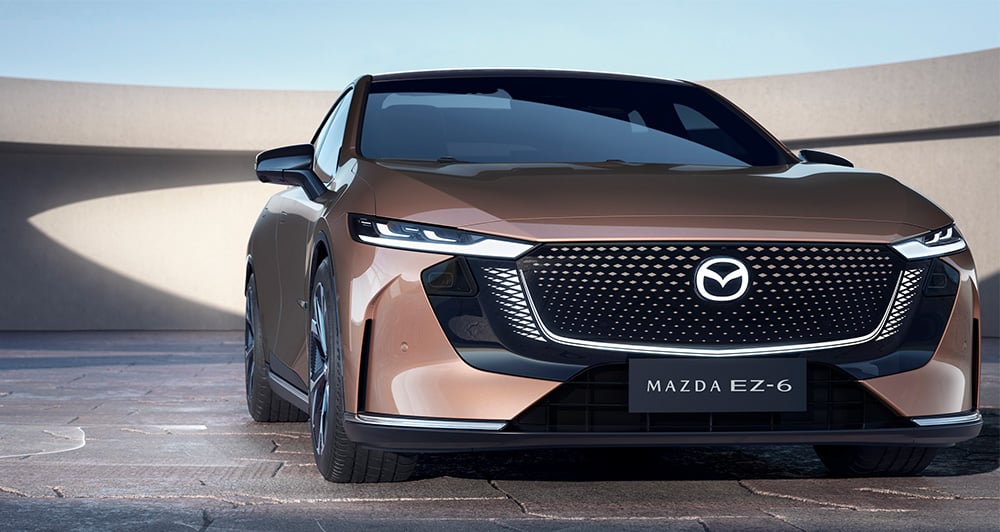


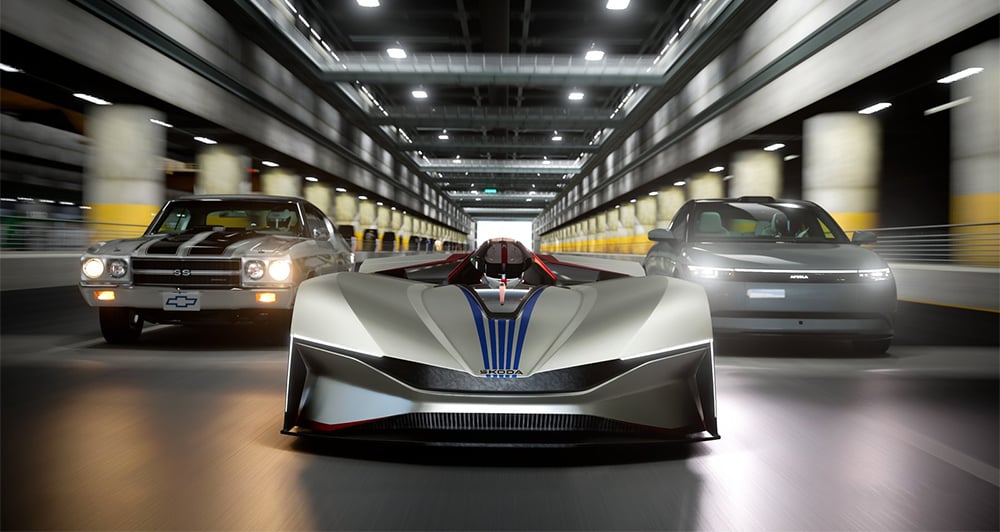
Comments